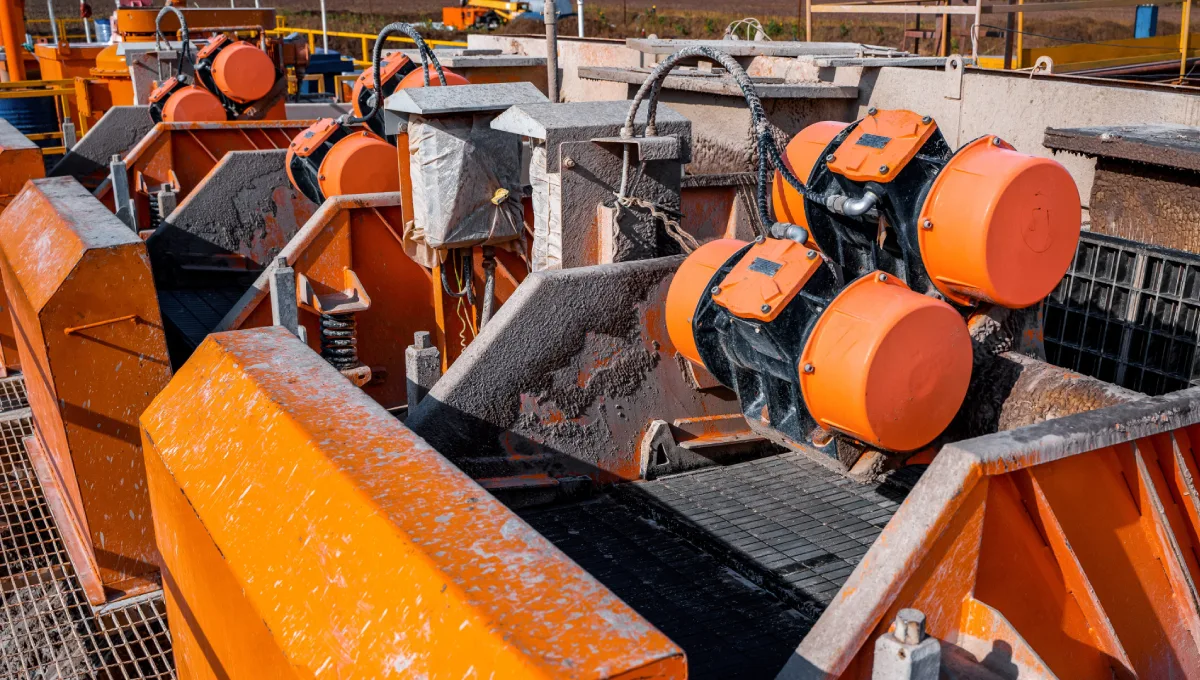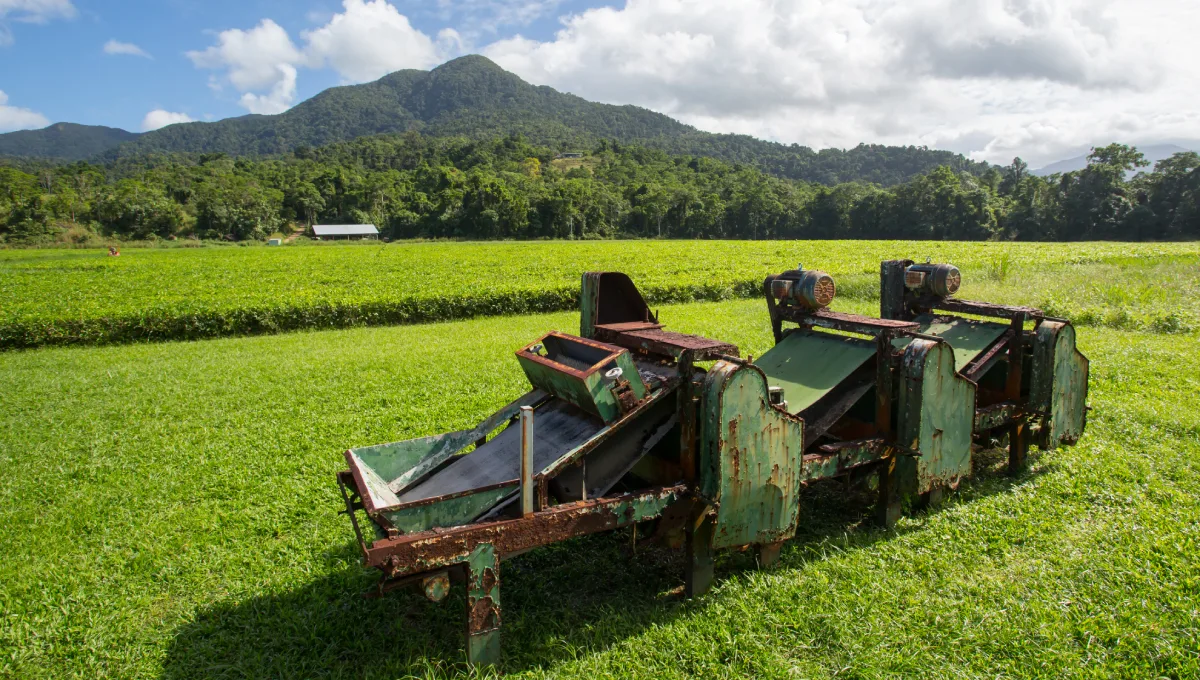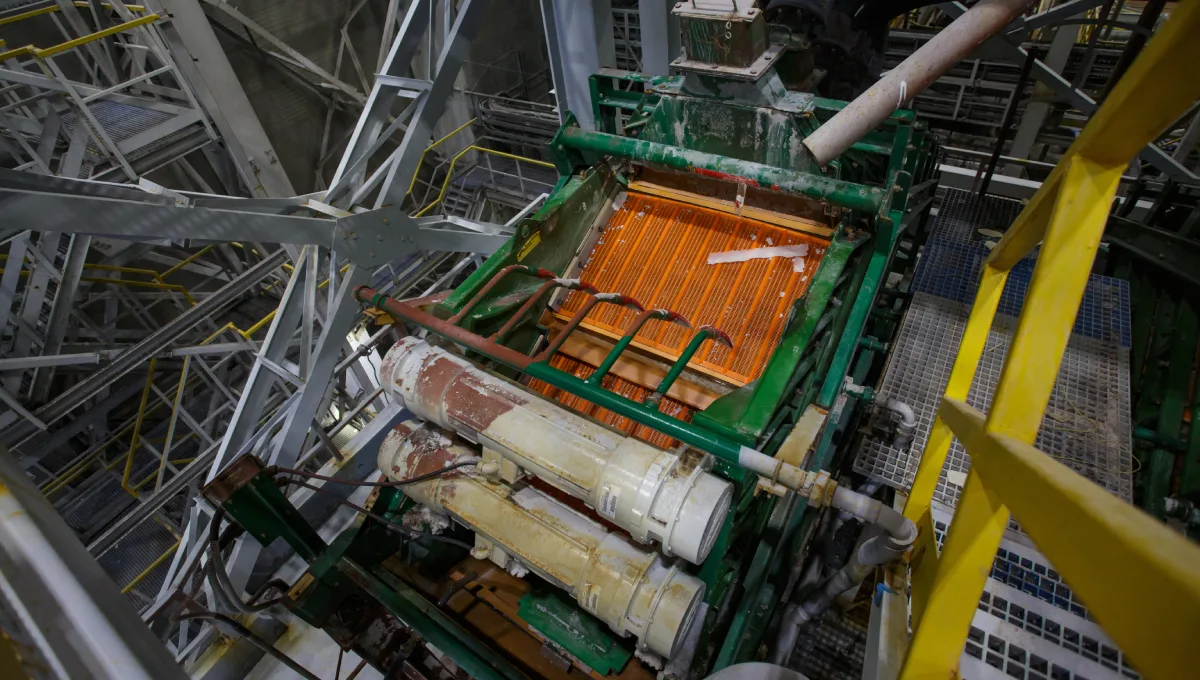Oil and gas drilling operations pose various environmental concerns, including the release of drilling fluids, cuttings, and contaminants into the environment. These activities can impact air quality, water resources, and ecosystems, leading to environmental degradation and public health risks. High-quality shale shaker machines play a crucial role in mitigating these environmental concerns by effectively separating solids from drilling fluids and reducing the discharge of contaminants. There are certainly a good amount of environmental concerns associated with oil and gas drilling, but high-quality shale shaker machines can alleviate them if used correctly.
Containment of Drilling Fluids
During drilling operations, drilling fluids (or muds) are used to lubricate the drill bit, carry cuttings to the surface, and maintain wellbore stability. However, if not properly managed, drilling fluids can leak or spill into the environment, leading to soil and water contamination. High-quality shale shaker machines efficiently separate solids from drilling fluids, allowing operators to recover and reuse the fluids while minimizing the discharge of contaminated fluids into the environment. By containing drilling fluids on-site, shale shakers help prevent environmental contamination and mitigate the risk of groundwater pollution.
Reduction of Cuttings Discharge
Drilling cuttings, rock fragments, and other solids generated during drilling operations can contain hydrocarbons, heavy metals, and other contaminants that pose environmental risks if discharged untreated. High-quality shale shaker machines effectively remove these cuttings from drilling fluids, allowing operators to properly dispose of or treat the cuttings before discharge. By minimizing the discharge of untreated cuttings into the environment, shale shakers help protect surface water quality, aquatic habitats, and marine ecosystems from contamination.
Prevention of Air Pollution
In addition to liquid waste, drilling operations can also generate airborne emissions such as volatile organic compounds (VOCs), particulate matter, and methane. These emissions can contribute to air pollution and greenhouse gas emissions, impacting local air quality and climate change. High-quality shale shaker machines play a key role in controlling airborne emissions by capturing drilling cuttings and preventing them from becoming airborne. By effectively separating solids from drilling fluids, shale shakers help reduce the generation of airborne pollutants and mitigate the environmental impact of drilling activities.
Minimization of Environmental Footprint
Oil and gas drilling operations can have a significant environmental footprint, including land disturbance, habitat fragmentation, and ecosystem disruption. High-quality shale shaker machines contribute to minimizing the environmental footprint of drilling operations by facilitating efficient solids control and waste management. By reducing the volume of waste generated and the need for disposal, shale shakers help conserve natural resources, minimize land disturbance, and mitigate habitat degradation associated with drilling activities.
Compliance with Regulatory Requirements
Regulatory agencies impose stringent environmental regulations to protect air, water, and land resources from the impacts of oil and gas drilling activities. High-quality shale shaker machines help operators comply with these regulations by ensuring the proper management of drilling fluids, cuttings, and contaminants. By incorporating advanced technologies and best practices for solids control, shale shakers enable operators to meet regulatory requirements and maintain environmental stewardship while conducting drilling operations.
Shale Shakers – A Key Component of Environmental Preservation
High-quality shale shaker machines play a critical role in addressing environmental concerns associated with oil and gas drilling operations. By efficiently separating solids from drilling fluids, shale shakers help contain drilling fluids, reduce cuttings discharge, prevent air pollution, minimize environmental footprint, and ensure compliance with regulatory requirements. As environmental awareness and regulatory scrutiny continue to increase, the adoption of high-quality shale shaker machines is essential for promoting sustainable drilling practices, protecting environmental resources, and mitigating the environmental impacts of oil and gas exploration and production activities.




